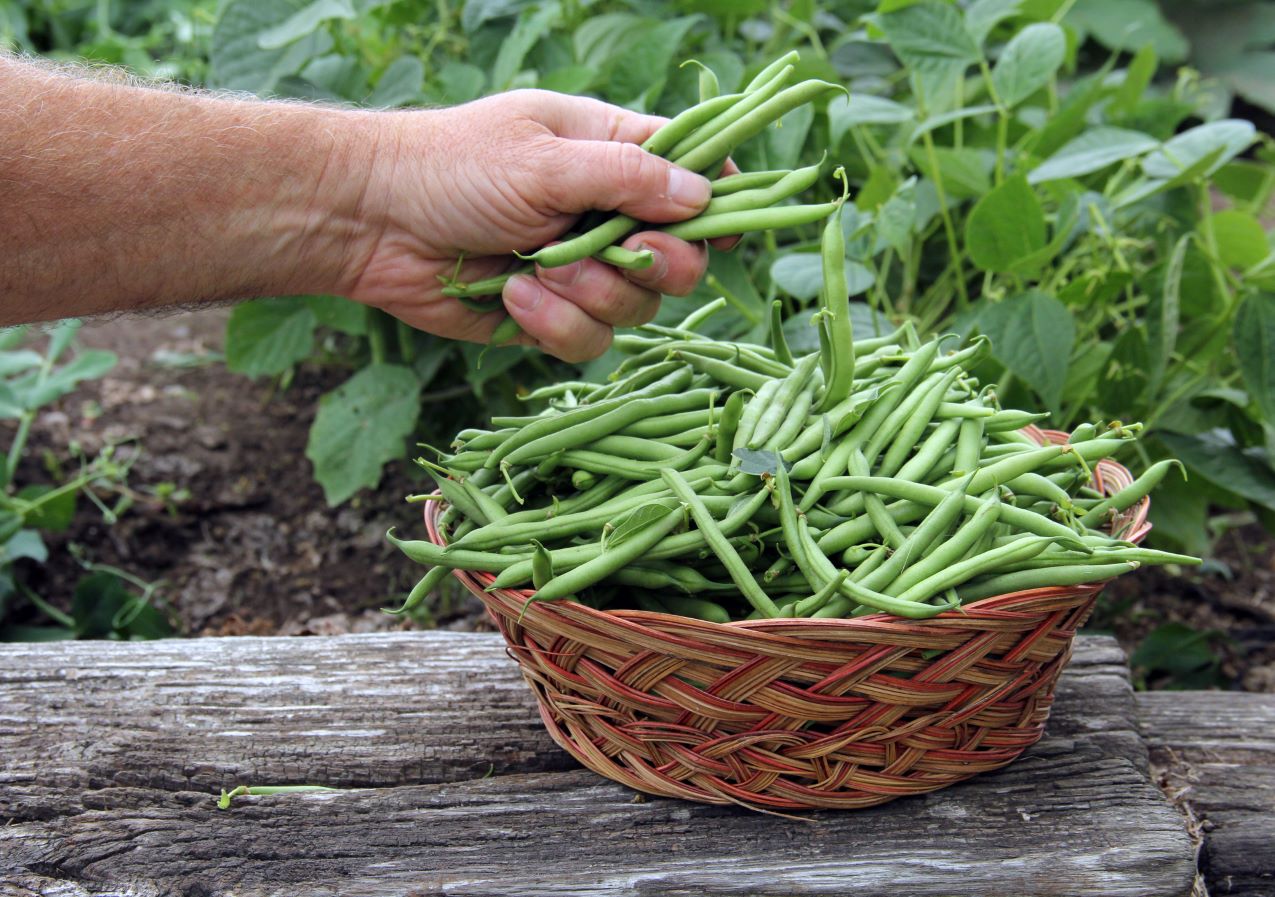Looking for ways to reduce household expenses during these inflationary times?
With consumer prices in May up almost eight per cent over a year ago, most of us are feeling the pain of surging grocery, energy and other bills. That’s why we’ve come up with the All Things Home guide to saving a little bit here, a little bit there, which can add up to lot over the course of a year.
Controlling household repair costs
Along with other prices, labour and material costs for household repairs are on the rise. You can help control those costs through regular maintenance of your home and appliances by keeping gutters and window wells clean, testing the sump pump, maintaining the garage door and other DIY projects. You’ll find a full directory of home maintenance tasks and advice on how to do them in our catalogue of Homeowner Helpers.
Be timeless instead of trendy
Always being on trend around the house can be tough on your bank account and your anxiety level as you struggle to keep your design and decor up to date. So, give your finances and your nerves a break while keeping your home looking fresh by going with a timeless approach, for example by sprinkling a little trendy black in your bathroom and mixing traditional and modern design elsewhere.
As Catherine Pulcine of CPI Interiors notes in this article, “When people do things that are trendy and it’s not who they are, they are the people who are constantly looking to make changes,” she says. “If you love what you have, then you won’t be inclined to change it.”
It’s not too late
Fresh vegetables are critical to good health, but prices are likely to keep soaring. A backyard garden can help. And no, it’s not too late in the season to plant a modest vegetable garden that will help feed your family in the late summer and into fall.
“I would suggest planting some easy, fast-growing vegetables such as radishes, turnips, peas and beans (now),” says Mike Ritchie of Ritchie Feed and Seed.
“Lettuce, Swiss chard and beans can be planted in early fall,” he adds. “Most of these plants only need 40-50 days from seed and can handle the cold that is possible in September and early October better. You can always use something like a frost blanket to cover them if an early frost happens to creep up.”
MORE: Younger people getting the gardening bug
Stop throwing away your money
Waste is a big money gobbler in the kitchen. The average Canadian throws out more than $1,300 worth of spoiled or unused food every year, according to the National Zero Waste Council. Blame our busy lifestyles, our throwaway culture and other culprits; it all adds up to a lot of wasted money every year. Some solutions:
- Prevent ginger bulbs from spoiling by stashing them in the freezer. Ginger keeps for a long time and is easy to shred when frozen.
- You can also freeze dill, parsley and other herbs; they wilt when thawed but you can still use them in soups and stews.
- Keep produce fresh and tasty longer by storing it properly. For instance, keep apples and lettuce separate because apples release ethylene, which hastens the spoilage of some green vegetables. More ideas on keeping produce fresh.
- Got bananas or spinach that are past their best-before date? Freeze them for smoothies.
- Instead of chucking that chicken carcass, make your own broth. It’s easy, freezes well (remember not to fill the container completely because the broth expands as it freezes) and will give you a delicious and nutritious base for soups. You can even add some of your frozen parsley.
Shrink your energy costs
You likely already know that increasing insulation, installing better windows and doors, and turning down the thermostat in the winter and the air conditioner in the summer can help reduce household expenses. But, does phantom power have its nasty hand on your money? Canadian homes throw away about $150 every year by letting computers, stereos and other common household electronic devices gobble up “standby power.” Here’s how to banish that phantom.
Naturalistic gardens save money and resources
Naturalistic gardens, which typically include a mix of native perennials and grasses, are not only beautiful, they help reduce the need for maintenance and natural resources like water, thereby saving money, according to Cheryl Hammond-Hutcheson of Lavender & Twigs Garden Design.
“Naturalistic, sustainable plant design has seen a resurgence over the last few years, starting during the pandemic and we see it continuing during these challenging economic times.”
Reducing, reusing and recycling are also high on her must-do list. “Collect seeds as your plants mature to save money, compost dead materials to create your own organic fertilizer and reuse garden pots and other garden items to save both time and waste.
“Naturalistic gardens are both wildly beautiful and help nature at the same time.”
MORE: Eco-friendly gardening assumes new importance
More tips to reduce household expenses
- Skip the bottled water. Tap water, which meets strict government safety regulations, costs less than a penny a litre in Ottawa, while bottled water runs 20 cents or more per litre.
- Maintaining your heating and cooling system will keep the equipment operating efficiently (in other words, more bang for your buck), improve air quality and help protect against equipment failure.
- Save energy and water costs by waiting until your dishwasher is full before running it and then let your dishes air dry to save even more money.
- Unless there is a community prohibition on clothes lines, use the great outdoors to dry your laundry. It’s free and your clothes will smell great.
- A fan won’t cool the air but it does make you feel cooler if you sit near it. Portable and ceiling fans are an affordable must as our climate warms.
- And here’s a popular myth you can ignore: shading your central air conditioning unit from the hot sun. Contrary to popular belief, this will not increase the unit’s efficiency and therefore won’t reduce the operating cost. However, keeping the unit clean and clearing vegetation around it will help it operate efficiently.
Sources: CNET, CBC, others





